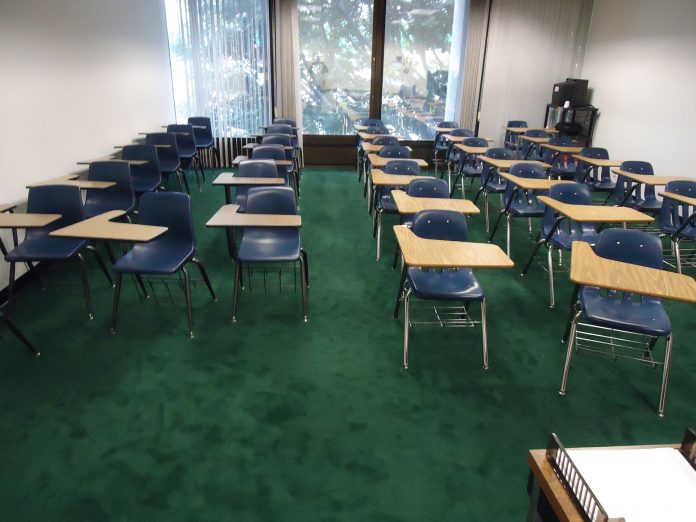Survey after survey shows the damage Covid has wreaked on the EFL industry
We first reported the (unsurprising) massive drop in English language students coming to the UK during 2020 on the EL Gazette website (21 May 2021). Here we take a deeper look into the full extent of the downturn.
“At the time of writing, Australia’s borders are closed to international students and aren’t expected to fully open again to them until mid-2022”
According to the English UK Students Statistics Report 2021, it had 346 member centres in 2020, as compared to 415 centres in 2019. There were 83,446 students enrolled for member courses, but this number fell by 83.6% as the pandemic took hold. Due to the fall in students, 32 centres closed.
Of the enrolled students, 49% had face-to-face classes; 31% had signed up for face-to-face classes but ended up having a mix of both face-to-face and online lessons, and a further 20% had all their classes online, 16% of them from outside the UK.
To give a comparison, Australia’s English Language Intensive Courses for Overseas Students (ELICOS) enrolment was down by 68% in the final quarter of 2020 compared to the same quarter in 2019, according to a Market Intelligence for International Student Recruitment survey from ICEF. The survey also found that 50% of these students were studying remotely from outside the country.
At the time of writing, Australia’s borders are closed to international students and aren’t expected to fully open again to them until mid-2022, though there is talk of a gradual phasing in programme from late 2021.
It’s a similarly bleak picture in Canada, which had previously been jostling into the third most popular destination for English language students. In 2020, student numbers were down 56% when compared to 2019. Unlike Australia, however, Canada is allowing international students to enter for the autumn 2021 term providing they follow its testing and quarantine rules.
A recent Navitas Agent Perception Report offers a glimmer of hope, as it found perceptions of the UK and Canada are that both are poised for a strong rebound once travel opens up again, with the USA hard on their heels. This is an almost complete 180° shift in agent perceptions, which now sees the latter country as ‘warm and welcoming’.
While there is undoubtedly pent-up inclination to take up in-country English language courses, it may yet be some time before the enrolment numbers creep back up again.







